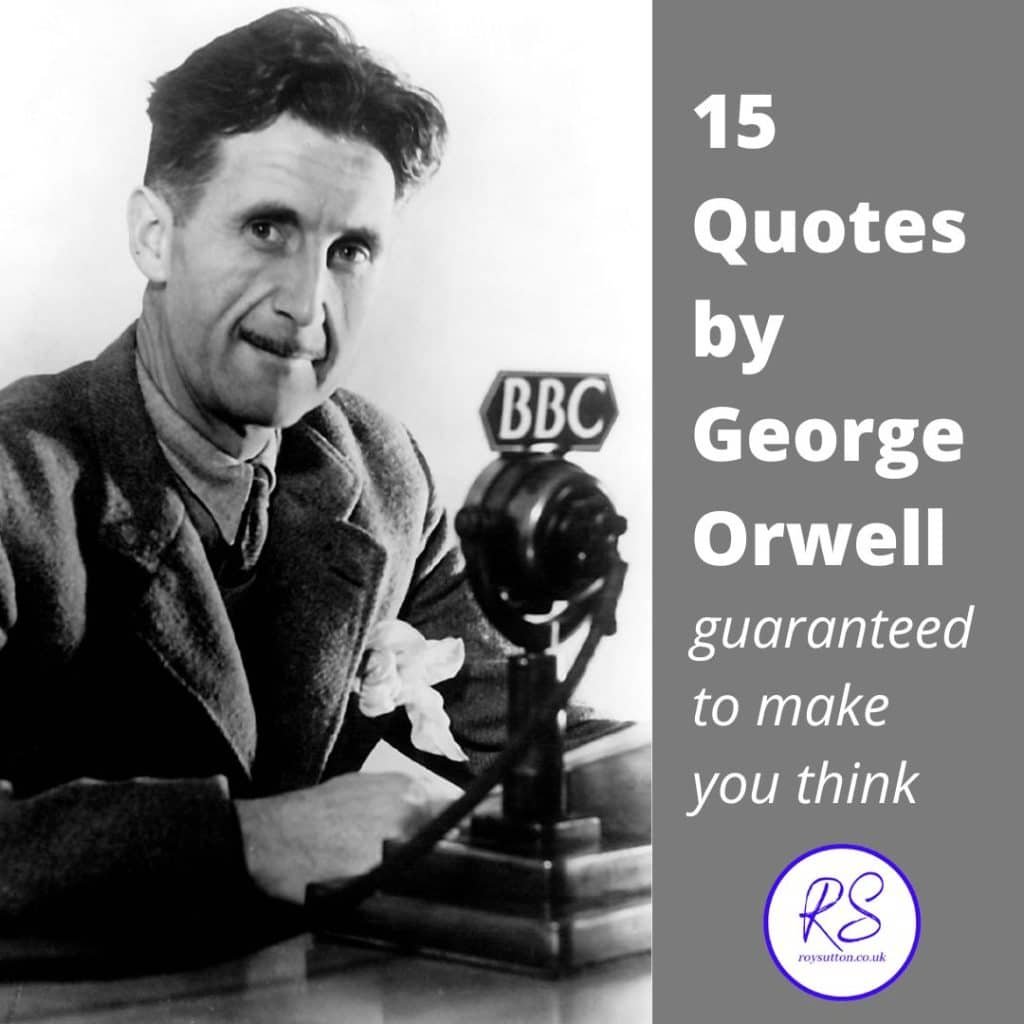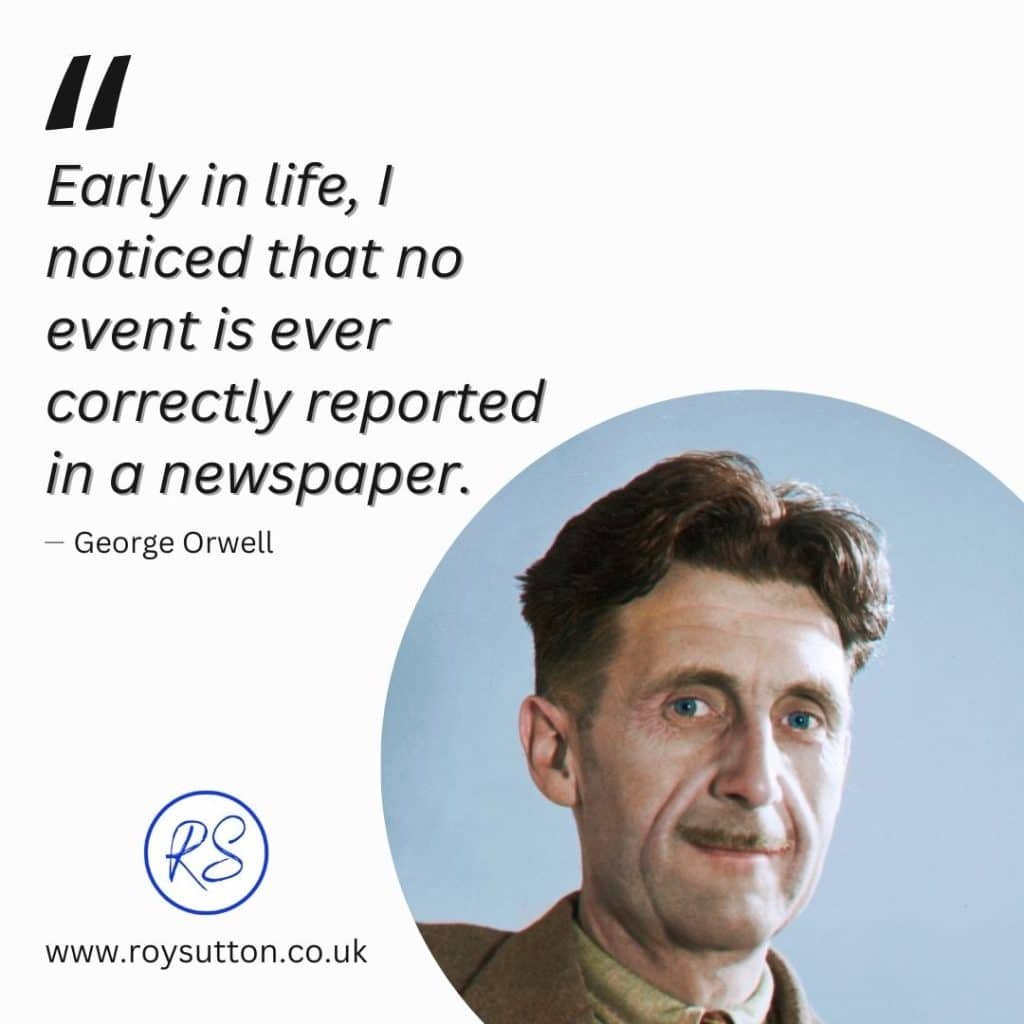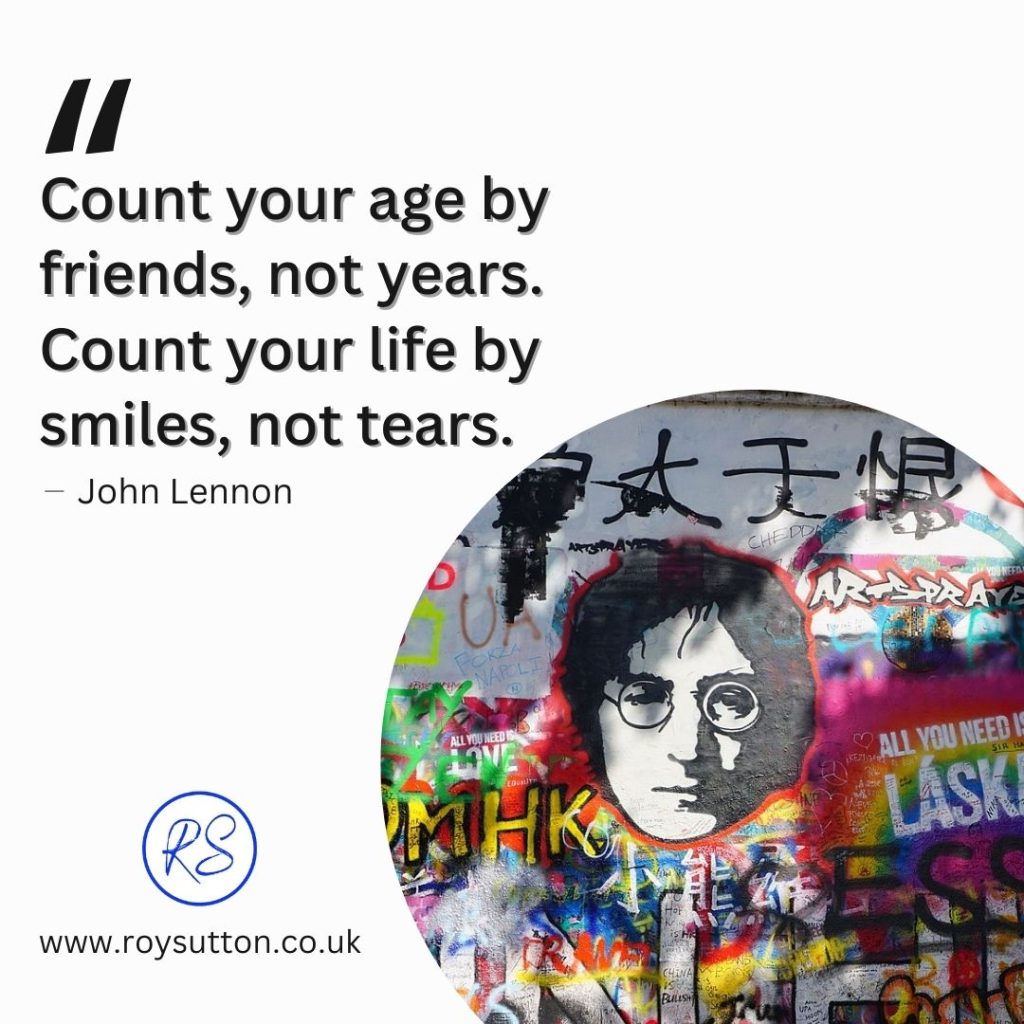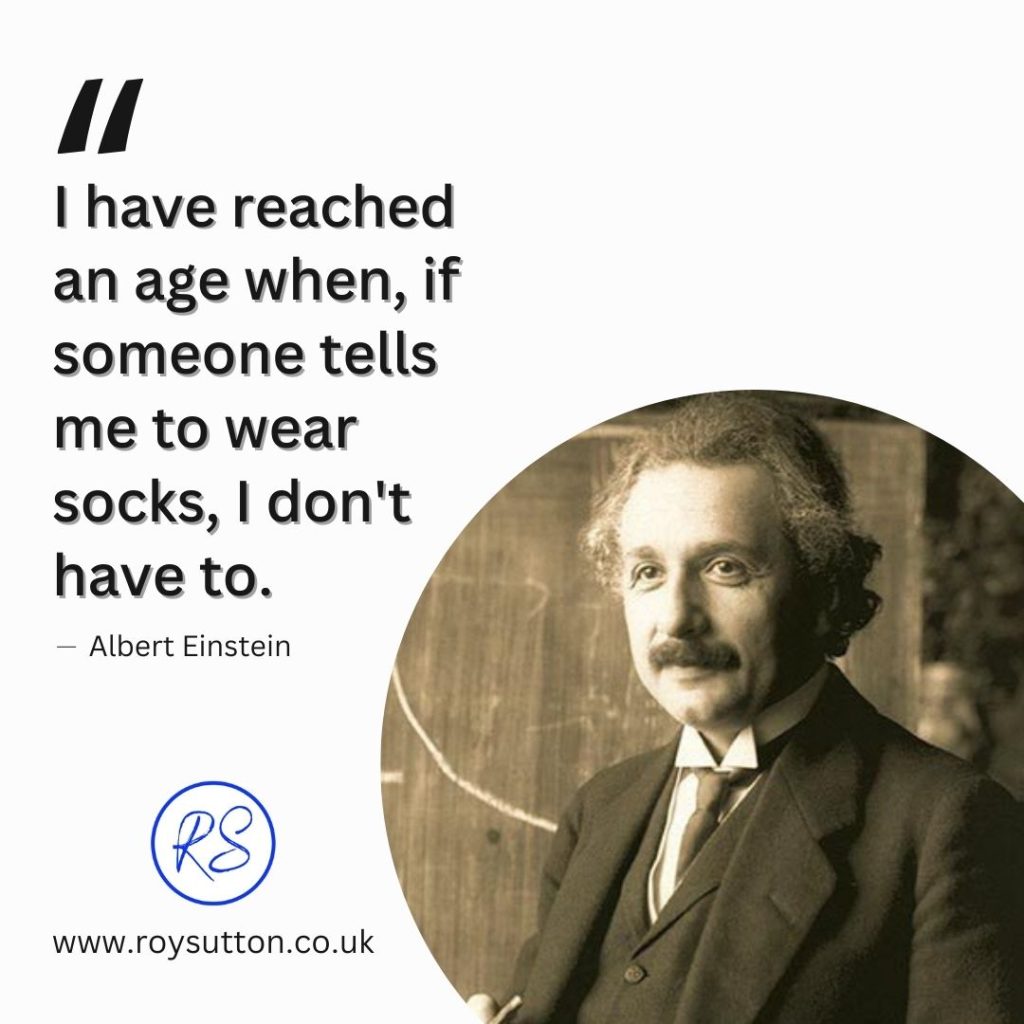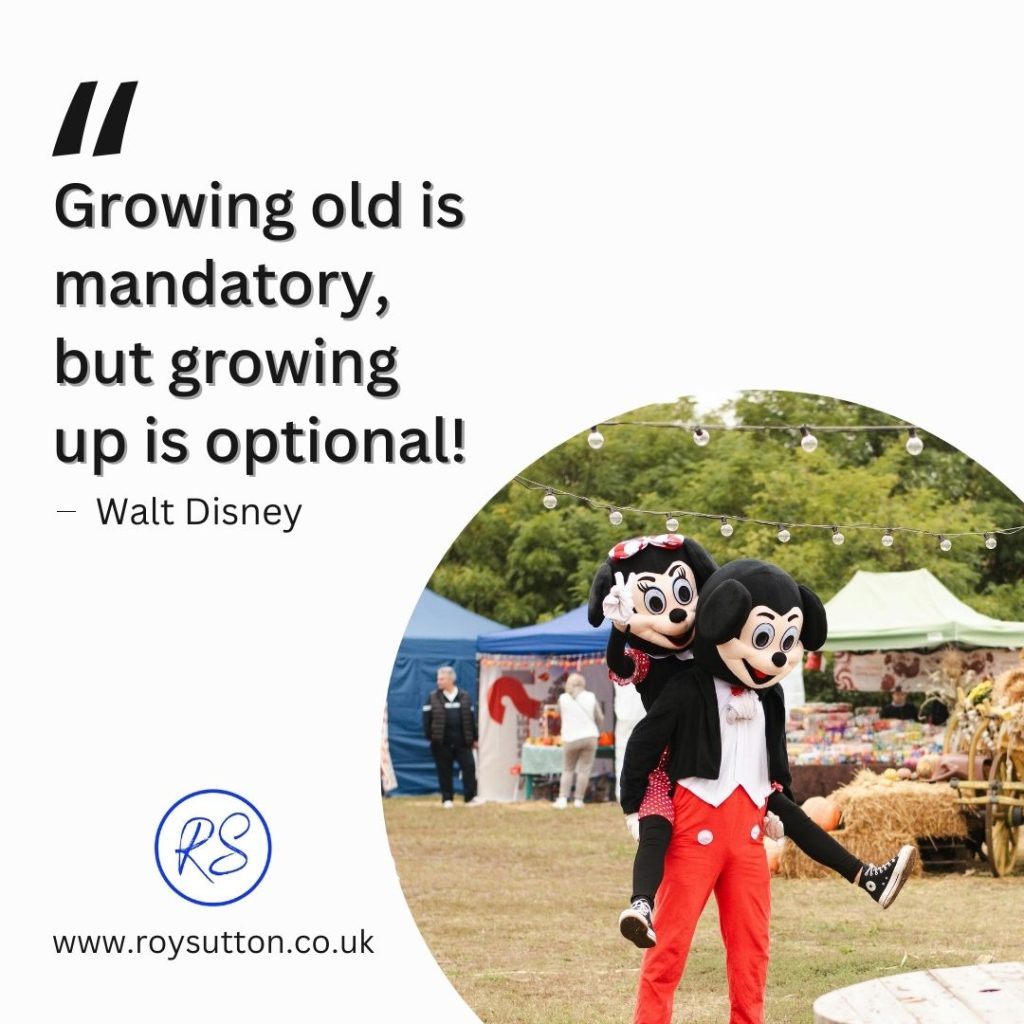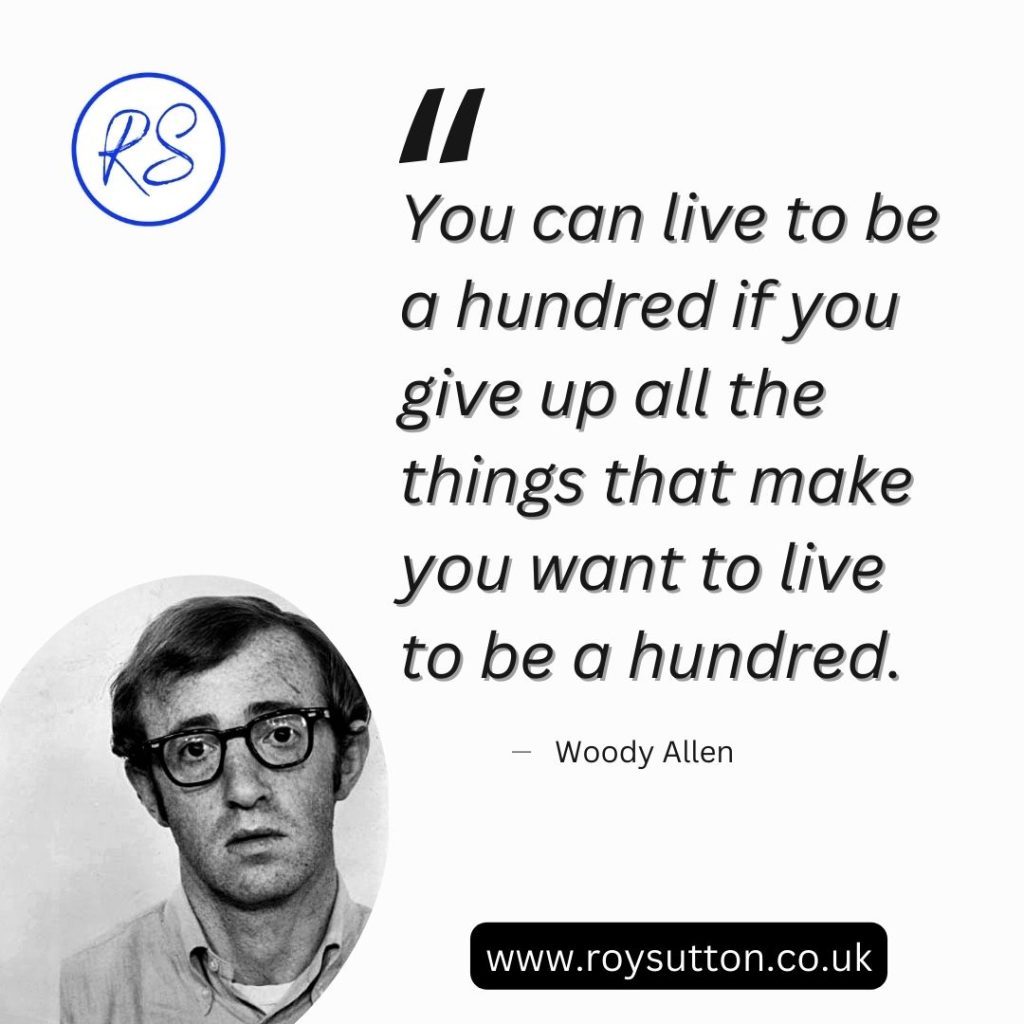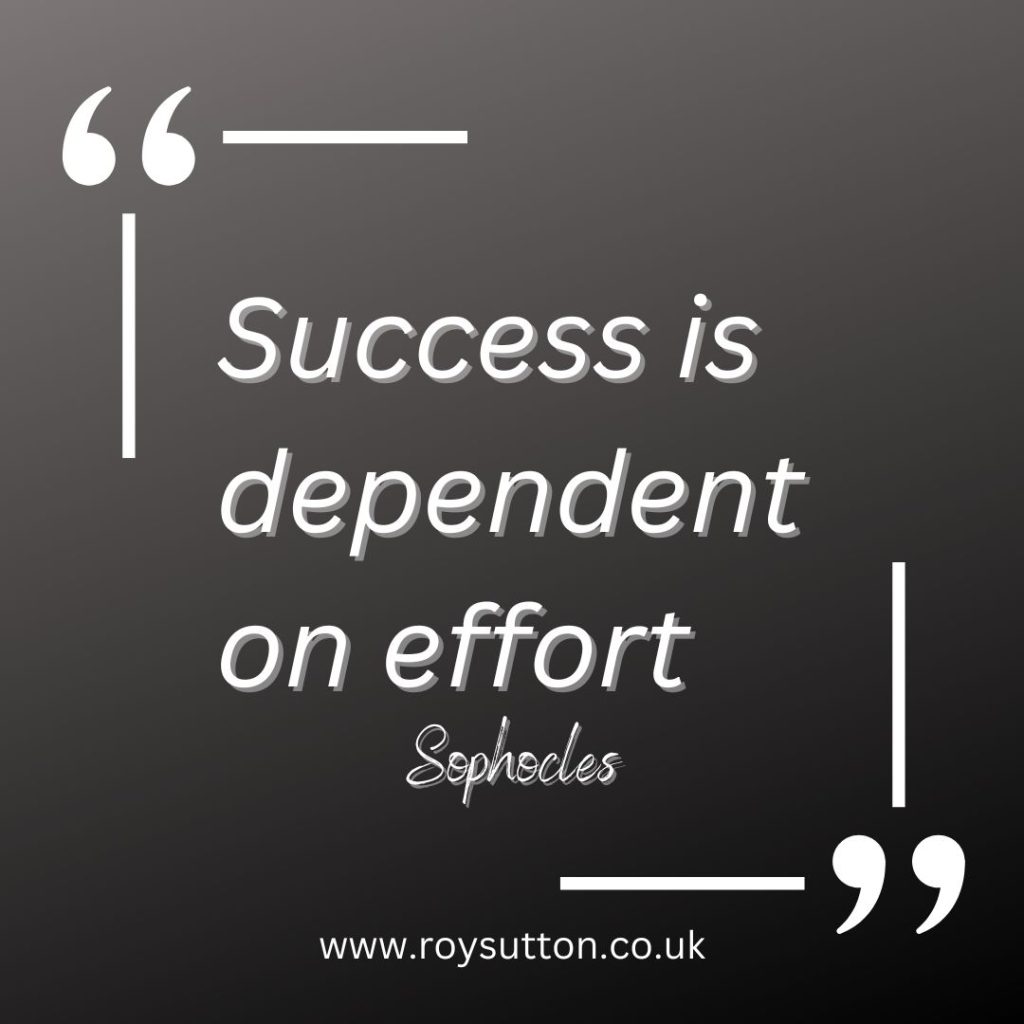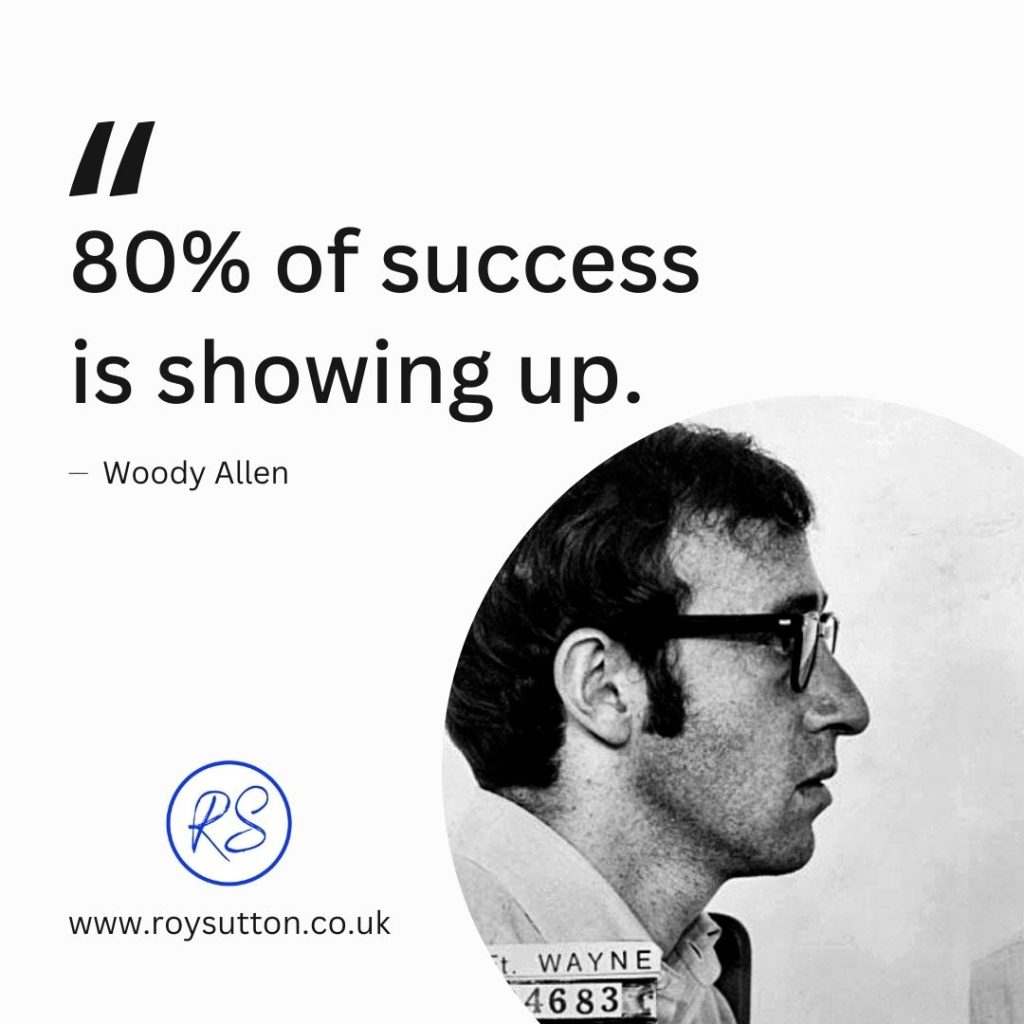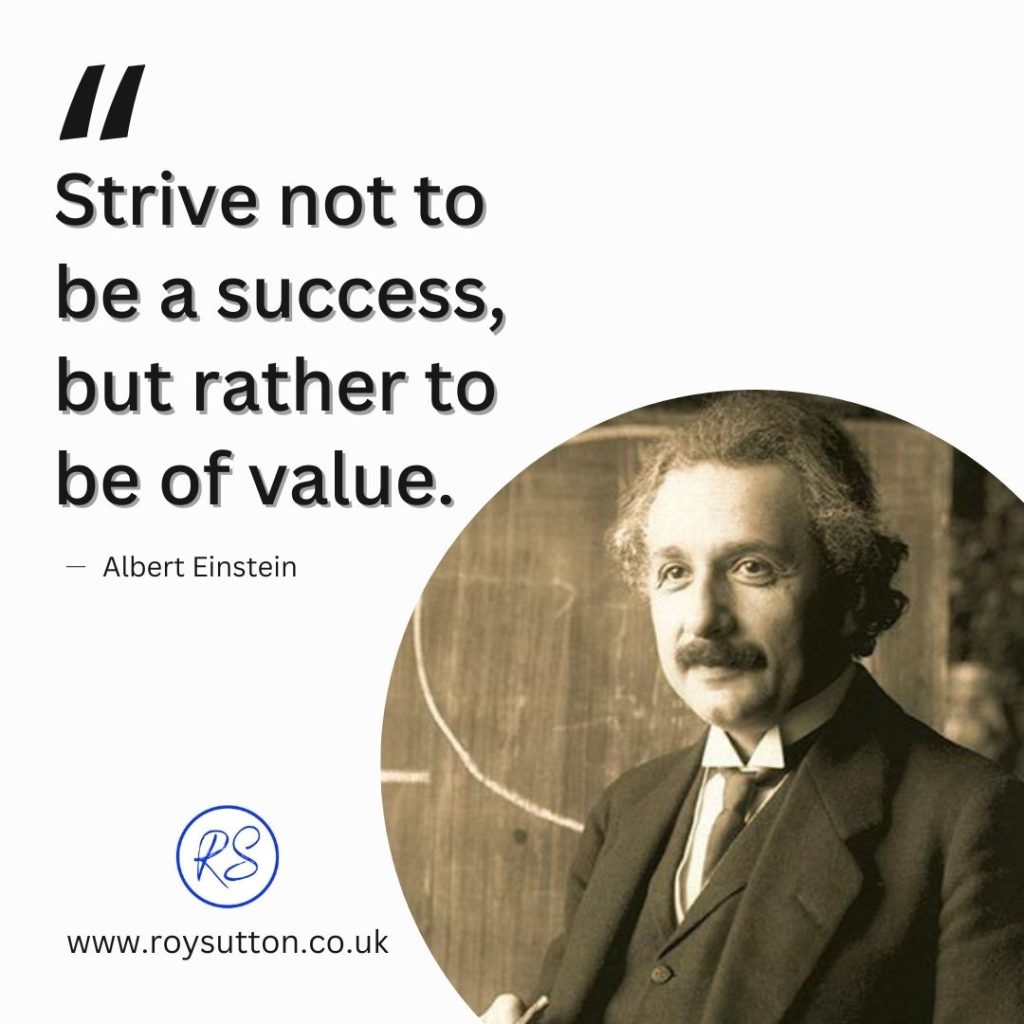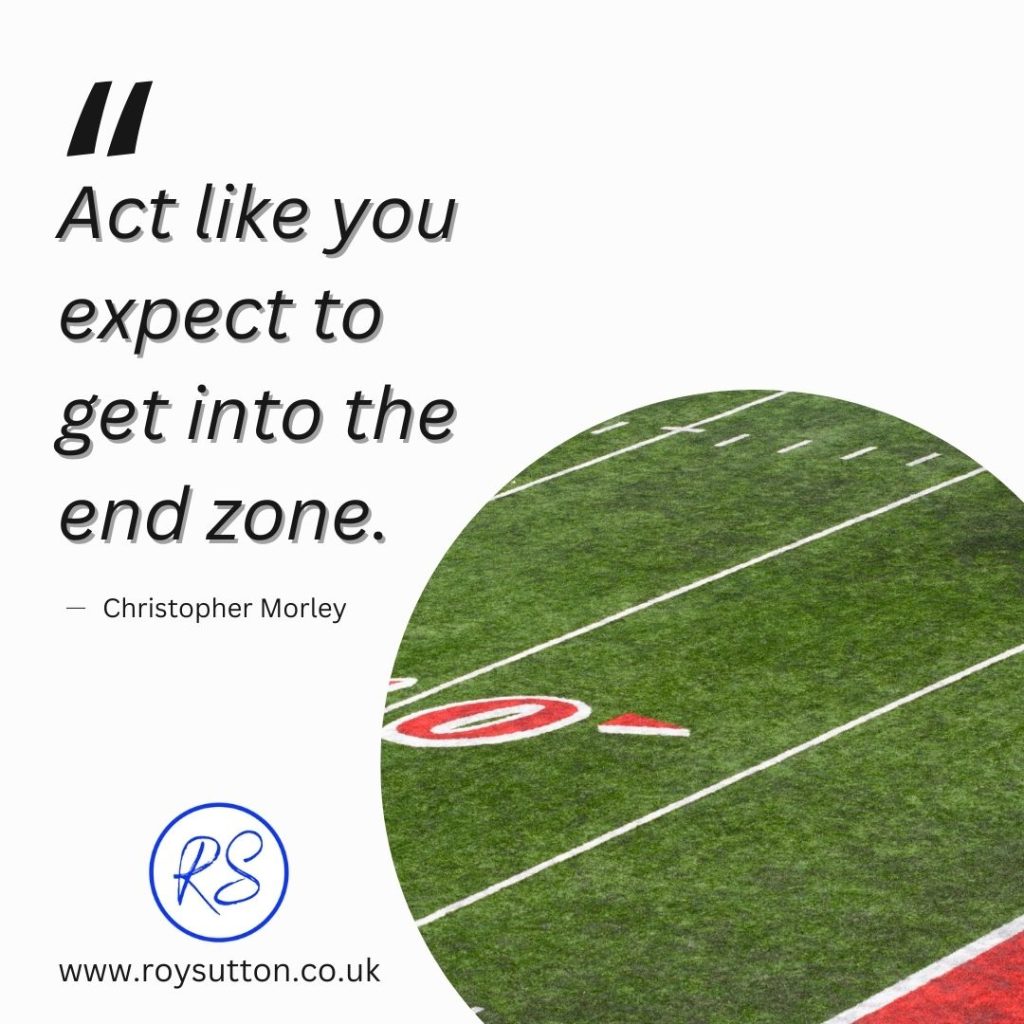
If you’re looking for the best puns, read on.
Do you enjoy clever puns, dear reader?
I must say, I do. I love them, and I’m always on the lookout for the best puns I can find, and occasionally I write my own too.
So here are 30 of the best puns you’ll hear today.
Unfortunately, I cannot be sure of their origin, but they’re guaranteed to make you laugh, of that I’m sure.
Certainly, they made me laugh, and I hope they brighten your day too.
Enjoy them all and feel free to pass them on.

The Best Puns (1-15):
- Jokes about German sausage are the wurst.
- A soldier who survived mustard gas and pepper spray is now a seasoned veteran.
- Atheists can’t solve exponential equations because they don’t believe in higher powers.
- I stayed up all night to see where the sun went. Then it dawned on me.
- A girl said she recognised me from my vegetarian club but I’d never met herbivore.
- I did a theatrical performance about puns. It was a play on words.
- The Energiser Bunny has been arrested and charged with battery.
- What’s the difference between a poorly dressed man on a bicycle and a nicely dressed man on a tricycle? A tire.
- I didn’t like my beard at first but it grew on me.
- What do you call a dinosaur with an extensive vocabulary? A thesaurus.
- Did you hear about the man who jumped off a bridge in France? He was in Sein.
- When you get a bladder infection, urine trouble.
- What does the clock do when it’s hungry? It goes back four seconds.
- I dreamt I wrote Lord of the Rings but I think I was just Tolkien in my sleep.
- Thanks for explaining the word “many” to me, it means a lot.

The Best Puns (16-30):
- Atheism is a non-prophet organization.
- I ordered 2000 lbs. of Chinese soup. It was Won Ton.
- With great reflexes comes great response ability.
- Did you hear about the guy who got fired from the calendar factory for taking a day off?
- Why do the French eat snails? They don’t like fast food.
- A courtroom artist was arrested today for an unknown reason. Details are sketchy.
- Don’t make jokes about unemployed people. They don’t work.
- My computer’s got Miley Virus. It has stopped twerking.
- My boss told me to have a good day. So I went home.
- What is the best thing about living in Switzerland? Well, the flag is a big plus.
- The best time to open a gift is the present.
- Why did the picture end up in jail? It was framed!
- I used to build stairs for a living but it’s an up and down business.
- Did you hear about the Italian chef with a terminal illness? He pastaway.
- What happens if you eat yeast and shoe polish? Every morning you’ll rise and shine!
Please share this post:
So dear reader, was this post amusing and worth a few minutes of your time?
If any of the best puns listed above made you smile, then please share this post with your friends on social media.
When you share, everyone wins.
It’s always a good idea to pass on the smiles.
Put a smile on someone else’s face now, and you’ve done your good deed for the day. So go on, please share this post now.
Then perhaps you’d like some more laughs? Then please just click on the links below.


Articles you might also enjoy:
- 37 short quotes that are funny and sharp
- 50 funny questions to ask anyone and get a laugh
- 30 short funny quotes that will make you smile
- 25 witty one-liner jokes that might just make you smile
- 15 Funny quotes on friendship that’ll raise a smile
- 15 witty quotes by Joan Rivers to raise a smile
- 32 amusing quotes by Phyllis Diller
- 21 Quotes by Oscar Wilde that are sharp and witty
- 15 quotes about religion to get you thinking
- 30 short funny quotes that will make you smile
- 20 classic Elaine Benes quotes that’ll make you smile
- 30 funny dating profile examples or how not to write one
- 15 amusing quotes by Spike Milligan to raise a smile
- 19 Best Homer Simpson quotes that’ll make you smile
- 21 Del Boy quotes for fans of Only Fools and Horses
- 15 amusing quotes by Mae West to make you smile
- 15 Very Funny One-Liners by Billy Connolly
- 37 funny comebacks for dealing with rude people
- The 30 best bitchy comments that’ll really make you smile
- 31 great quotes from Larry David in Curb Your Enthusiasm
- 15 amusing quotes by Jerry Seinfeld to brighten your day
© Mann Island Media Limited 2024. All rights reserved.





















